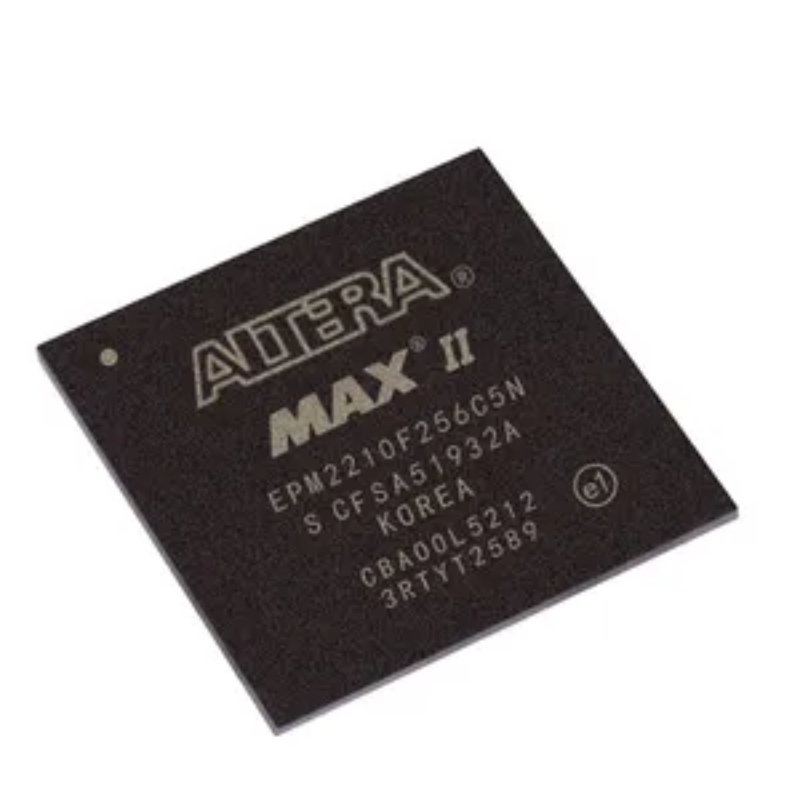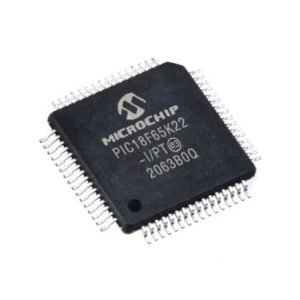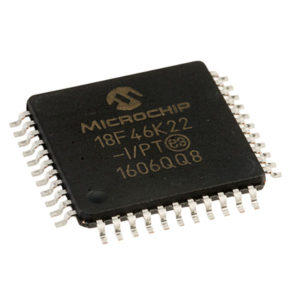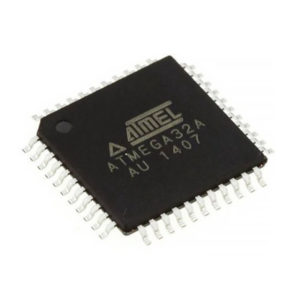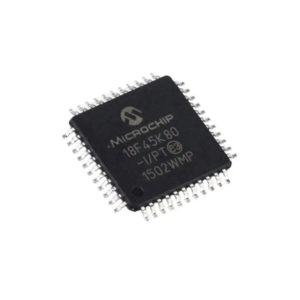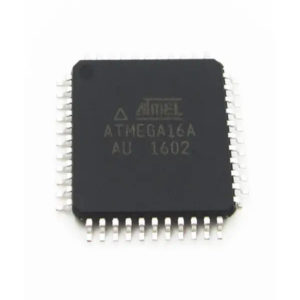EPM2210F256C5N
| Manufacturer | Altera |
| Description | IC CPLD 1700MC 7NS 256FBGA |
| Category | Integrated Circuit |
| Package | BGA-256 |
| Status | New & original |
| Ship From | HK/SHENZHEN |
| Stocks | 10,000 |
Please submit your BOM List or Input the part online
Description
The EPM2210F256C5N is a specific model of FPGA (Field-Programmable Gate Array) from the Cyclone II family, manufactured by Intel (formerly Altera). This FPGA offers 2,210 logic elements and 256 kilobits of embedded memory, along with other features such as PLLs and I/O pins.
FPGAs like the EPM2210F256C5N are versatile integrated circuits that can be programmed to perform various tasks and functions. They find applications in a wide range of industries and fields. Some of the common applications where the EPM2210F256C5N FPGA can be utilized include:
1. Industrial Automation: FPGAs are commonly used in industrial automation systems for tasks such as control logic implementation, data processing, and interfacing with sensors and actuators. They provide the flexibility to adapt to changing requirements and offer real-time processing capabilities.
2. Communications: FPGAs find application in communication systems for functions such as signal processing, protocol implementation, and encryption/decryption. They can handle high-speed data processing and offer customizable solutions for various communication standards.
3. Medical Devices: FPGAs are utilized in medical devices for tasks such as image processing, patient monitoring, and diagnostic systems. They provide the necessary computational power and flexibility to implement complex algorithms in real time.
4. Aerospace and Defense: FPGAs are used in aerospace and defense applications for functions such as radar signal processing, secure communication systems, and guidance systems. They offer high-performance computing capabilities and can operate in harsh environments.
5. High-Performance Computing: FPGAs are increasingly used in high-performance computing systems for tasks such as acceleration of computational workloads, data analytics, and machine learning. They provide parallel processing capabilities and can be customized to optimize specific algorithms.
6. Research and Development: FPGAs serve as valuable tools in research and development projects across various disciplines. They enable researchers to prototype and implement custom hardware solutions, test new algorithms, and explore innovative designs.



















































